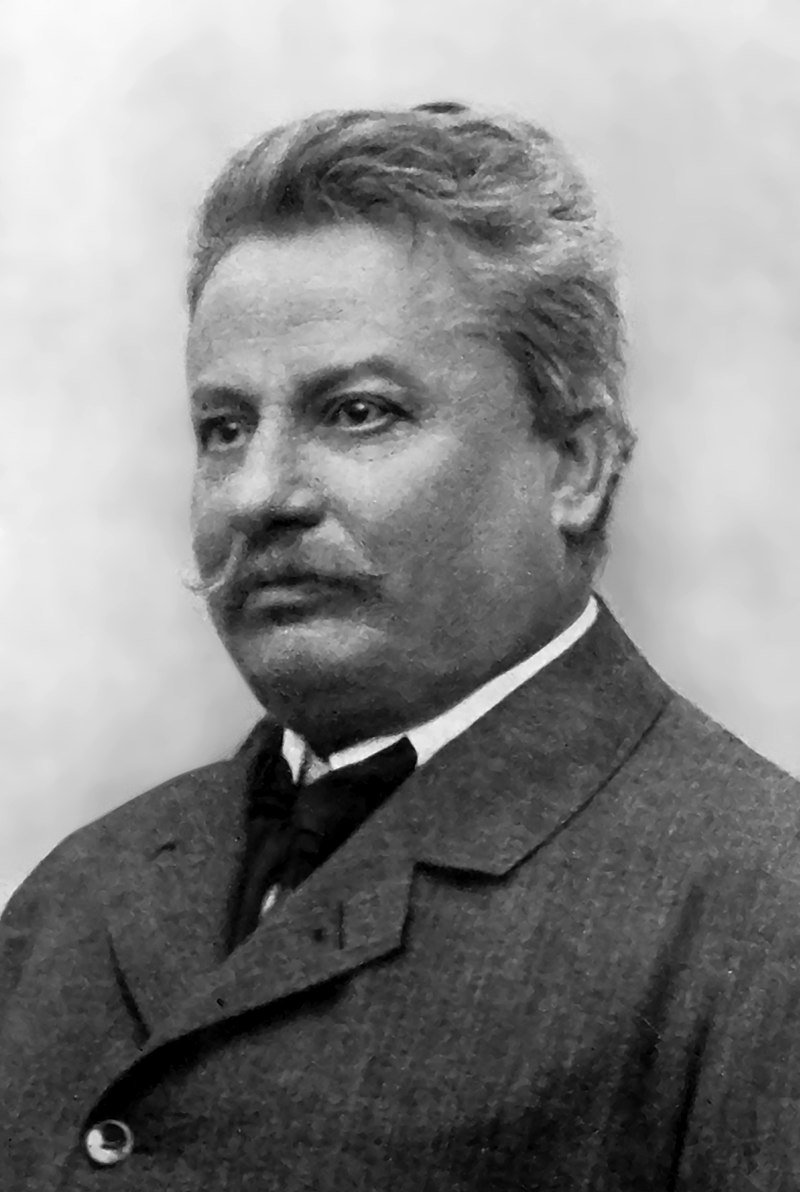Editor's Picks
Plant Focus
This new entry in our series on Oak Poetry features a poem by Giovanni Pascoli, an Italian poet writing in the late 19th century and early 20th century. La quercia caduta, written in 1900 and published in 1904, has been described as "an observation of man’s willful creation of a dichotomy with nature and growing obsession not only with self-aggrandizement but also with cold economy and practicality." Quercia is a generic term for oak in Italian, so it may refer to any of the native oaks of Italy.
If you would like to propose a poem for inclusion in this series, please click here.
La quercia caduta
Dov'era l'ombra, or sé la quercia spande
Pendono qua e là dalla corona che cerca il nido che non troverà. |
The Fallen Oak
Where its shade was, the oak itself now sprawls,
The little nests of springtime now depend
Everyone praises, everyone cuts. Twilight seeking a nest it will not find today. |
English translation by Geoffrey Brock. See here for other translations.
You can hear a reading of the poem by Arnoldo Foà here.

Born in 1855 in San Mauro near the Adriatic coast, Giovanni Pascoli was a true orphan—ten years old when his father was murdered, fourteen when his mother died of meningitis (two siblings gone in the same period)—who survived those devastating losses to become a protean figure of Italy’s most tumultuous years. He was imprisoned for anarcho-socialism, taught in the impoverished cave-city of Matera, and went on to become a professor of Latin at the prestigious University of Bologna. Pascoli died in 1912, having witnessed and taken part in the creation of the Italian nation, and having helped to shape the new century. (Biographical note from Laertes Books; for a complete biography see Encyclopaedia Britannica)















